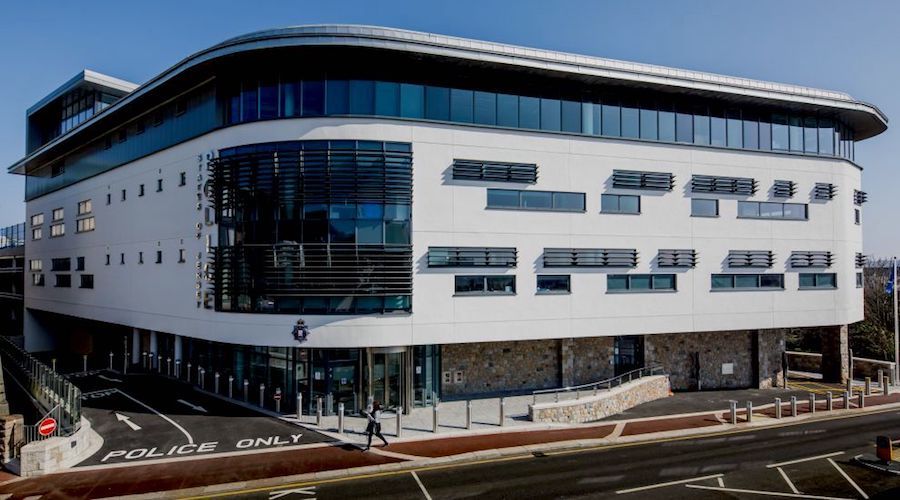

Most islanders rarely experience the island's criminal justice system, so understandably might not know much about its processes. In the second of a three-part series, a local lawyer explains what it means to be 'charged with' an offence, and what happens next.
Yesterday, BCR Law's Advocate Francesca Pinel looked at what happens before and after someone is arrested.
You can catch up with that column here. Today, she turns to the next step in the process...
The decision whether or not to charge (prosecute) is made by a Centenier. In each case the Centenier must apply the code on the decision to prosecute issued by the Attorney General. In broad terms, the code requires the Centenier to apply a two stage test. The first stage is the evidential test, and the second stage is the public interest test.
The evidential test is met if there is sufficient evidence to provide a realistic prospect of conviction, i.e. on the basis of the evidence obtained it is more likely than not that the person will be convicted. If the test is not met, the suspect will be released without charge. If the test is met, the Centenier will consider the public interest.
The public interest test is met if the public interest factors moving in favour of prosecution outweigh those moving against it.
In making a decision, the Centenier will take into account factors such as the seriousness of the offence, the impact it had on the victim (if any), the likely penalty and the circumstances of the suspect, e.g. if they are a young person or in very poor health.
The decision whether or not to charge is not always made immediately following the suspect’s initial arrest and interview.
An investigation might be complex and the suspect may have to be released until such time as the police have completed their enquiries. This might happen, for example, when it is necessary for investigators to extract information from a suspect’s phone or computer for evidence or send samples to a lab for analysis.
Such procedures take time.

Pictured: Advocate Francesca Pinel.
Another possible reason for delay is that the Centenier may want to take advice from a Police Legal Advisor or Crown Advocate concerning the decision to prosecute or the appropriate charge to be put.
If a person is charged, they must then attend court to answer the charge. The charge is the offence the person is alleged to have committed. The person can appear in court either from custody or having been formally warned (told) to appear on a particular date.
A person will appear from custody when they have been charged whilst detained in police custody and the Centenier has made the decision not to order their release. This will only happen if specific criteria are met, for example, if the Centenier has reasonable grounds for believing that the detention of the person is necessary to prevent them from committing further offences or interfering with the investigation.
If there are no grounds to detain a person the Centenier must order their release either subject to bail conditions or without bail conditions. The person will be warned to appear in court on a particular date and must attend or their arrest may be ordered.
Either way the person, now a defendant, must now face their first appearance before the Magistrate’s Court.
Comments
Comments on this story express the views of the commentator only, not Bailiwick Publishing. We are unable to guarantee the accuracy of any of those comments.